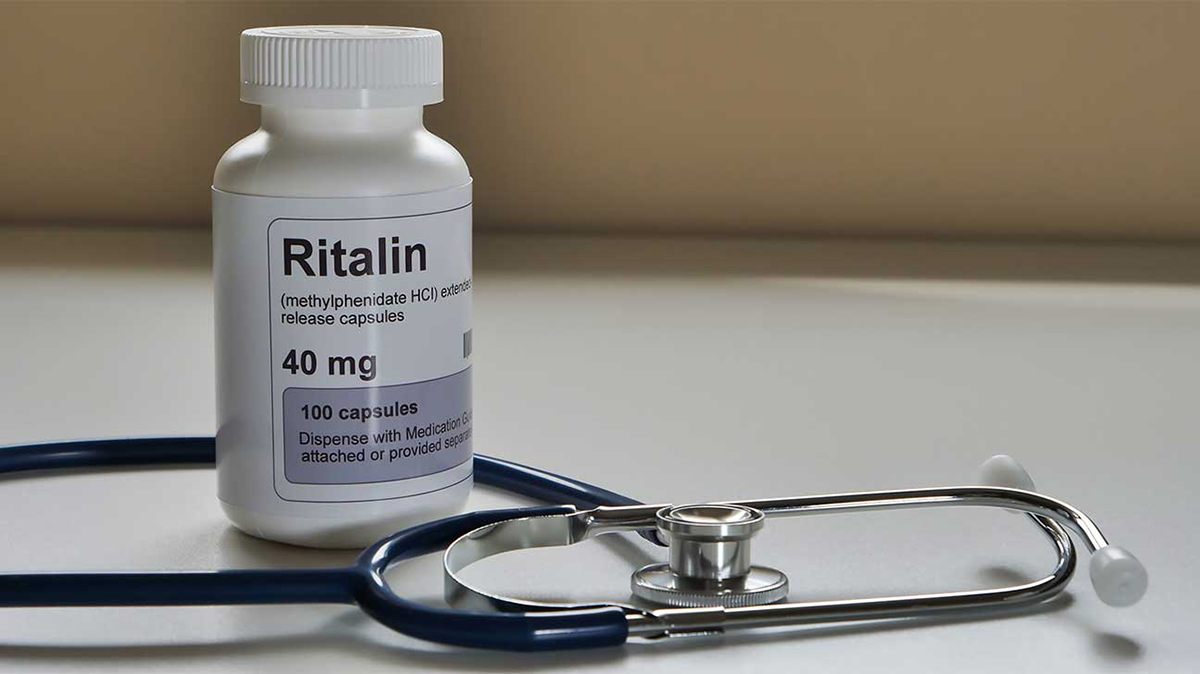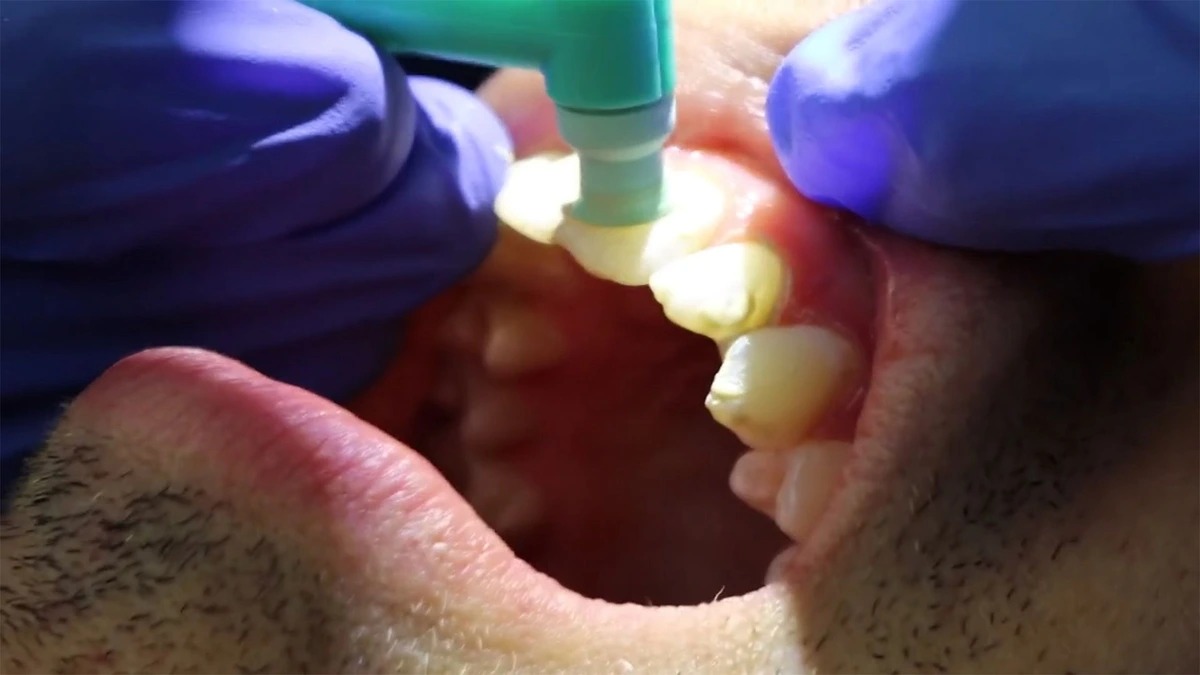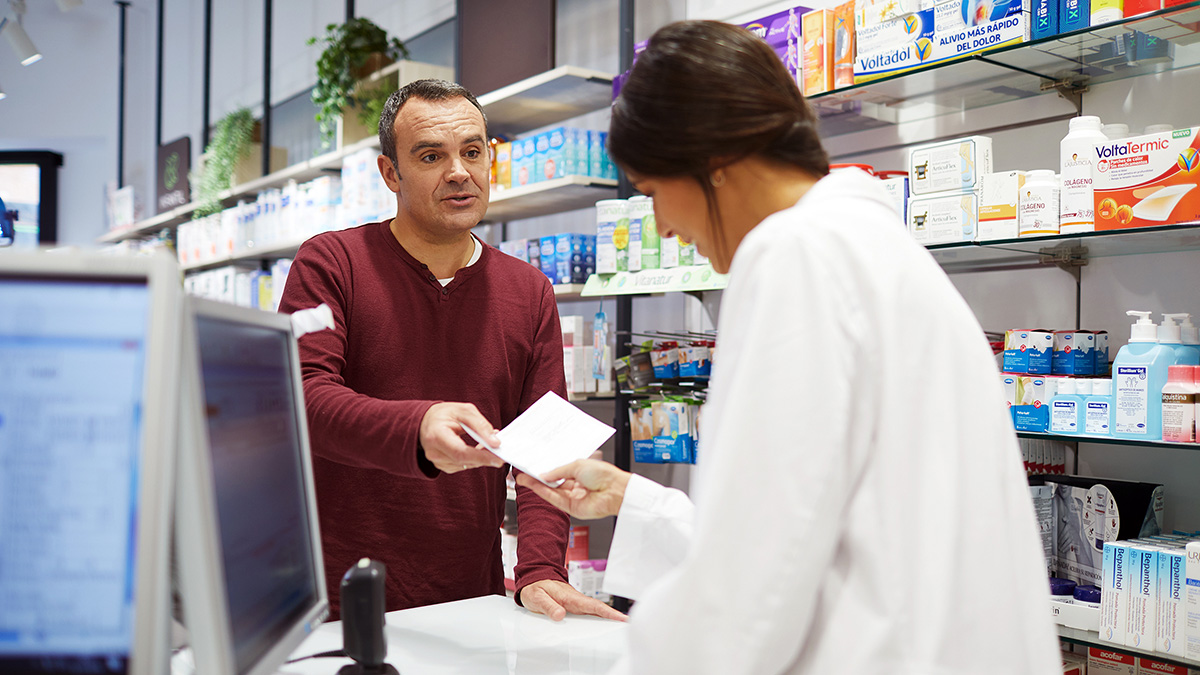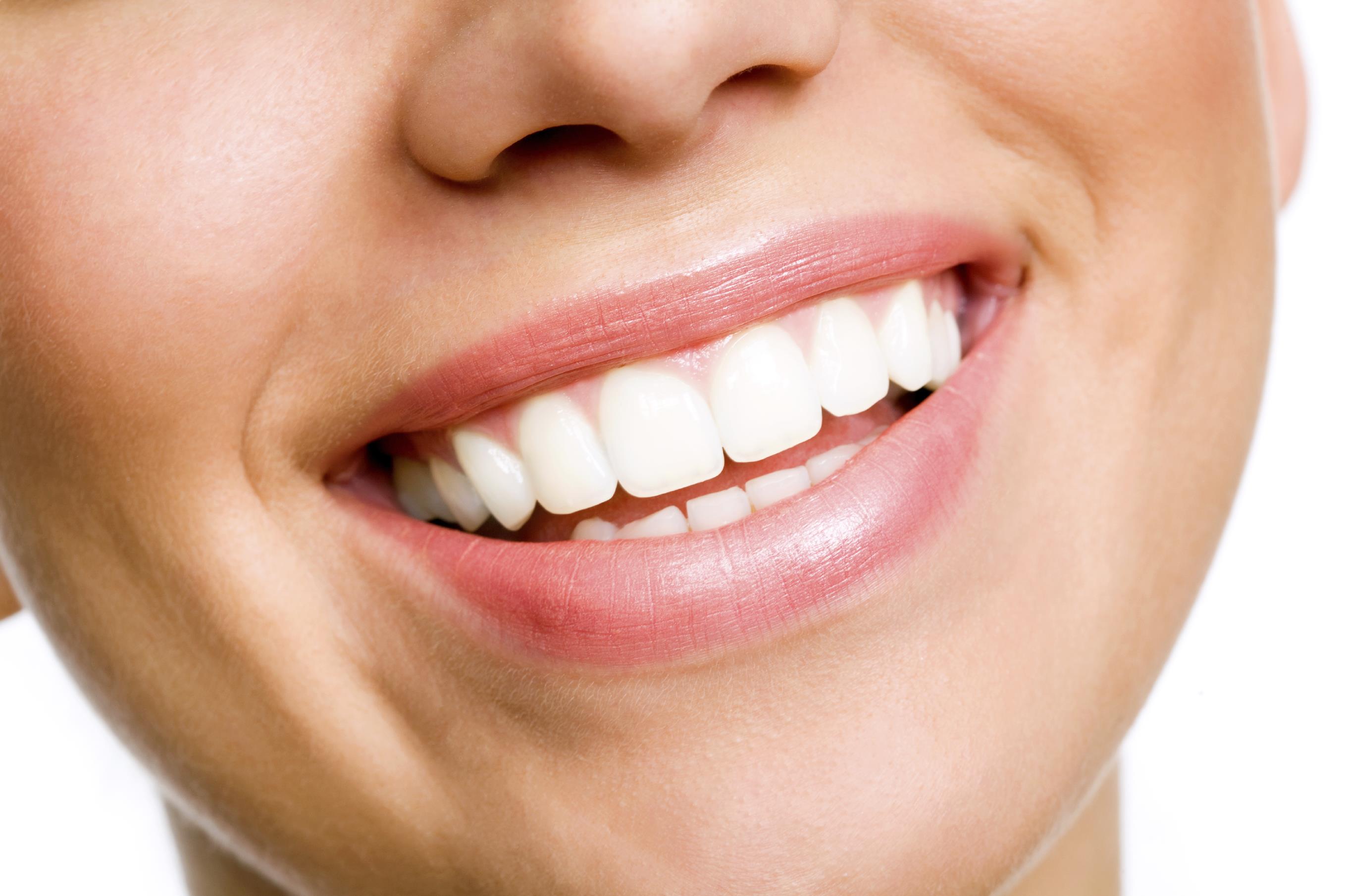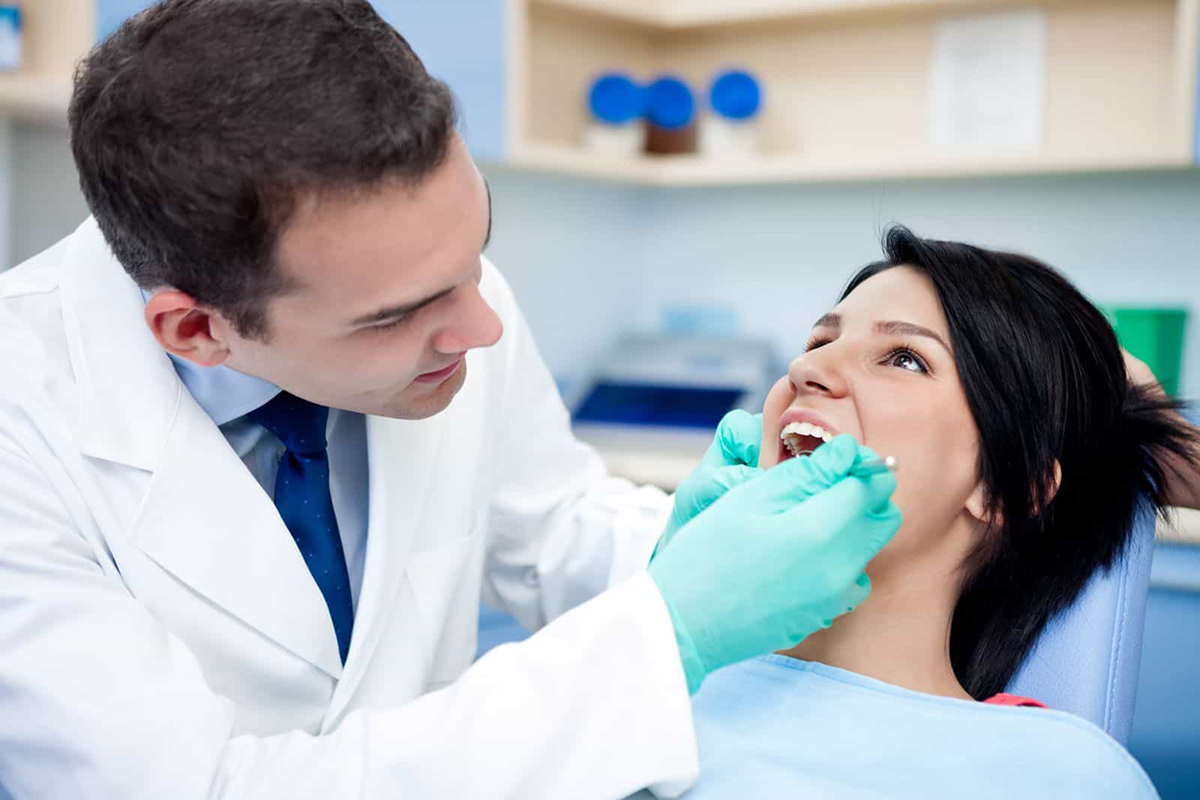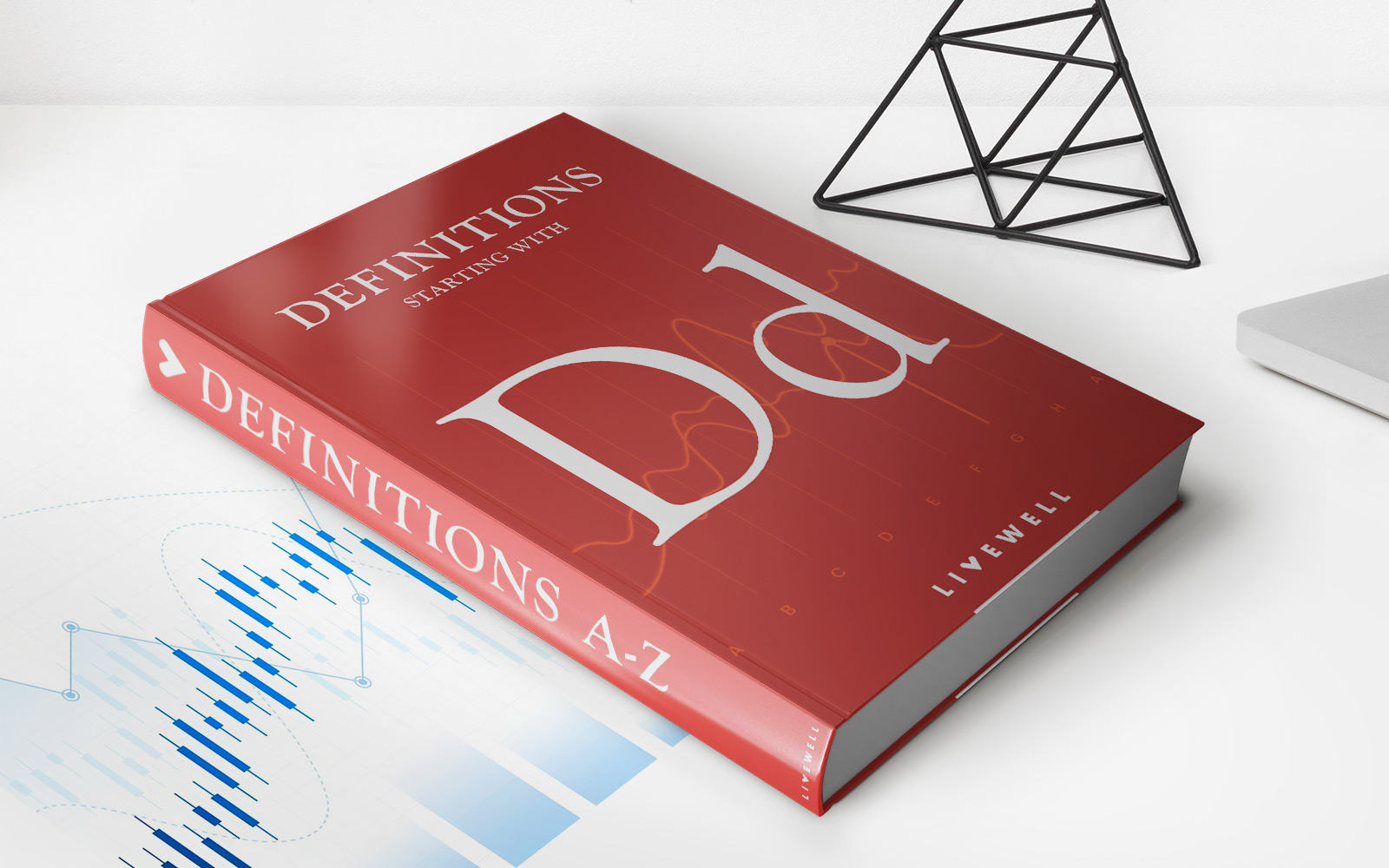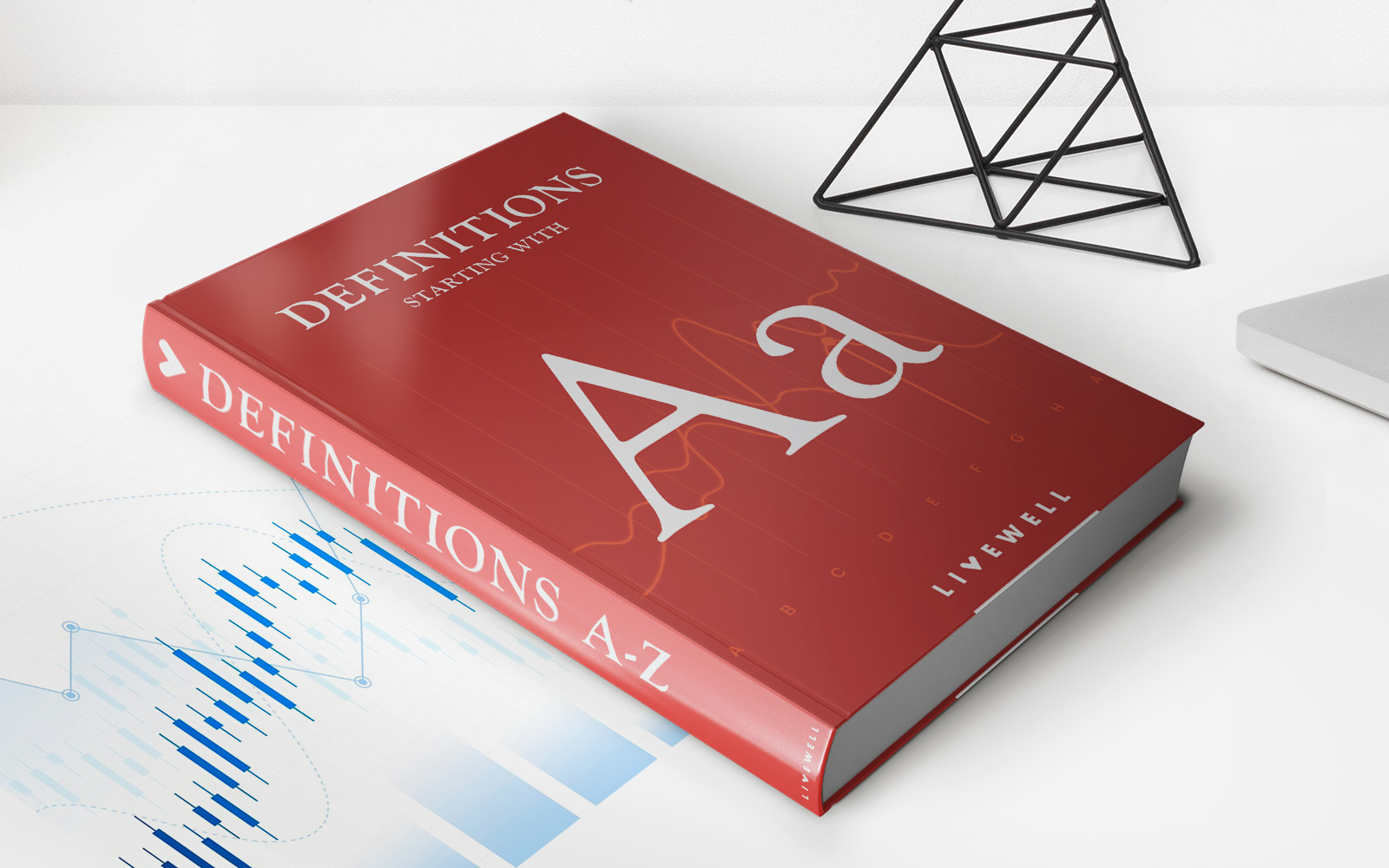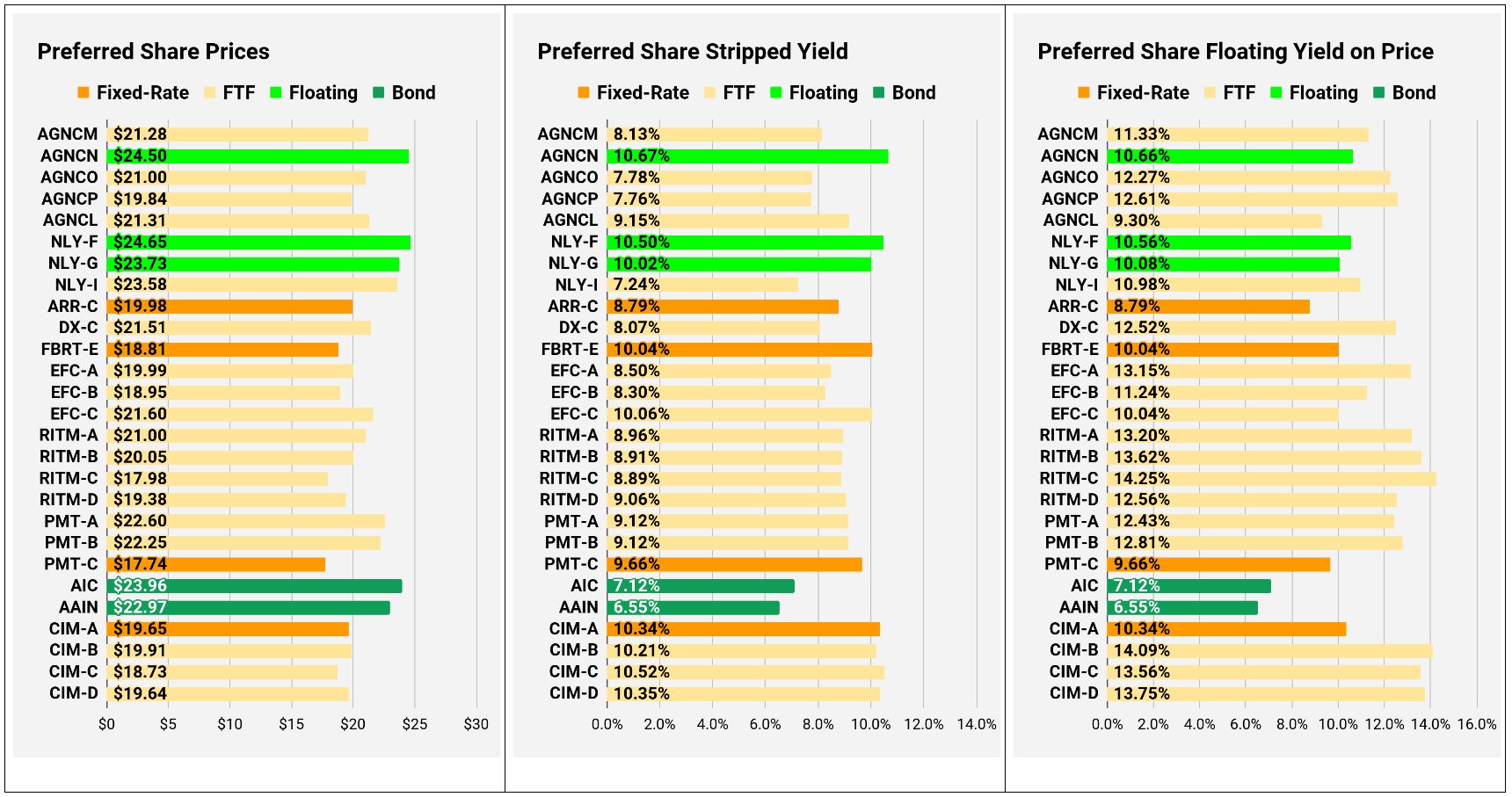Home>Finance>How Much Is A Dentist Check Up Without Insurance
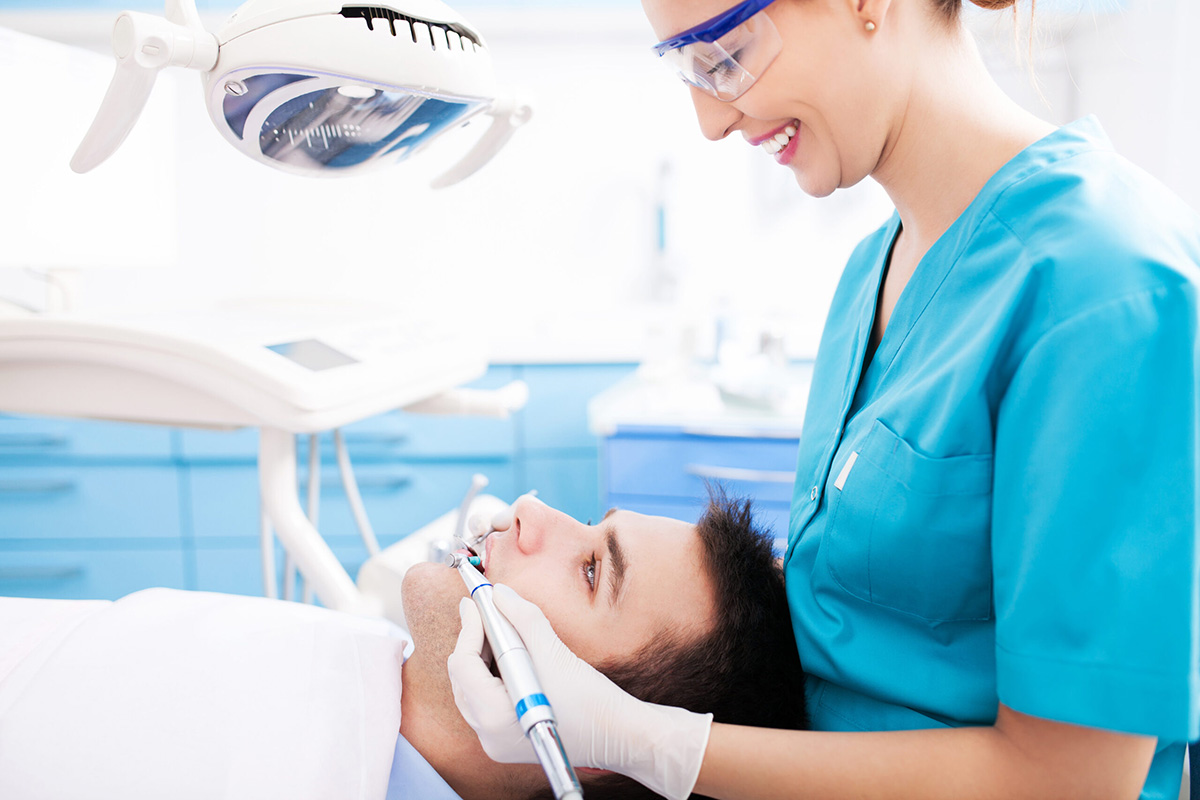

Finance
How Much Is A Dentist Check Up Without Insurance
Published: November 23, 2023
Find out the cost of a dentist check-up without insurance and manage your finances wisely. Save money while prioritizing your dental health.
(Many of the links in this article redirect to a specific reviewed product. Your purchase of these products through affiliate links helps to generate commission for LiveWell, at no extra cost. Learn more)
Table of Contents
Introduction
Regular dental check-ups are an essential part of maintaining good oral health. However, for individuals without insurance coverage, the cost of a dentist check-up can be a significant concern. Understanding the average cost and factors that influence it can help you make informed decisions about your dental care.
Dental check-ups involve a comprehensive examination of your teeth, gums, and overall oral health. During these visits, dentists can detect and treat dental issues at an early stage, preventing more significant problems down the line. They also include professional teeth cleaning, which removes plaque buildup and helps prevent cavities and gum disease.
While many individuals have dental insurance that covers these check-ups, those without insurance can face higher out-of-pocket costs. Without insurance, the cost of a dentist check-up can vary depending on factors such as location, the complexity of the procedure, and the specific dental clinic you visit.
In this article, we will explore the average cost of a dentist check-up without insurance, the factors that affect the cost, and ways to save money on dental care.
It’s important to note that regular dental check-ups are not just about cost; they are essential for maintaining optimal oral health. Ignoring dental care due to financial concerns can lead to more expensive and complex dental issues in the long run. Therefore, understanding the cost and potential savings can help individuals make informed decisions and prioritize their oral health.
Importance of Regular Dental Check-Ups
Regular dental check-ups are crucial for maintaining good oral health and preventing various dental problems. Here are some key reasons why regular check-ups are important:
- Early Detection of Dental Issues: During a dental check-up, your dentist will thoroughly examine your teeth, gums, and mouth for any signs of dental problems, such as cavities, gum disease, oral infections, or oral cancer. Early detection allows for prompt treatment, preventing the issue from progressing and potentially causing more significant health complications.
- Prevention of Dental Problems: In addition to identifying existing issues, regular dental visits focus on preventive care. Dentists perform professional teeth cleaning to remove plaque and tartar buildup, which can lead to cavities, gum disease, and bad breath. They also provide guidance on proper oral hygiene practices and offer preventive treatments like fluoride applications and dental sealants to protect your teeth from decay.
- Promotion of Overall Health: Research has shown a strong link between oral health and general health. Poor oral health can increase the risk of developing various systemic conditions, including cardiovascular disease, diabetes, respiratory infections, and pregnancy complications. Regular dental check-ups help maintain good oral health, reducing the risk of these potential health complications.
- Early Orthodontic Intervention: For children, dental check-ups are essential for monitoring their dental development. Dentists can identify and address any orthodontic issues early on, allowing for timely intervention and improving the effectiveness of treatment.
- Education and Guidance: Dental check-ups provide an opportunity for patients to learn more about proper oral care techniques and receive personalized advice. Dentists can address any concerns or questions you may have, ensuring that you are equipped with the knowledge needed to maintain good oral hygiene at home.
By keeping up with regular dental check-ups, you can take proactive steps towards preserving your oral health and preventing future complications. It is recommended that individuals visit their dentist every six months, but the specific frequency may vary based on personal needs and the recommendation of your dentist.
Average Cost of a Dentist Check-Up without Insurance
The cost of a dentist check-up without insurance can vary depending on several factors, including the location, the complexity of the procedure, and the specific dental clinic you visit. On average, a routine dental check-up without insurance can range from $100 to $300.
This average cost typically includes a comprehensive examination, professional teeth cleaning, and any necessary X-rays. However, keep in mind that additional treatments or procedures may incur extra costs. For example, if the dentist identifies any dental issues during the check-up, such as cavities or gum disease, the cost of the necessary treatments or follow-up visits may be additional.
It’s important to note that the cost of a dentist check-up also varies based on geographic location. In areas with a higher cost of living, dental services tend to be more expensive. For example, check-ups in urban areas or major cities generally have higher price ranges compared to rural or less populated areas.
Furthermore, the complexity of the procedure can influence the cost. If your dental conditions require more extensive examinations, such as additional X-rays or diagnostic tests, the overall cost may increase.
The specific dental clinic you choose can also impact the cost. Different clinics have different pricing structures, and factors such as reputation, specialization, and facilities offered may influence their rates. It’s advisable to research and compare prices between different dental clinics in your area to find a balance between quality of care and cost.
While the cost of a dentist check-up without insurance can seem daunting, it’s important to prioritize your oral health. Ignoring dental care due to financial concerns can lead to more complex and expensive dental issues in the long run. Consider your dental check-ups as an investment in your overall well-being.
Now that we have explored the average cost of a dentist check-up without insurance, let’s delve into the factors that can affect these costs and discuss ways to save money on dental care.
Factors Affecting the Cost of a Dentist Check-Up without Insurance
Several factors can influence the cost of a dentist check-up without insurance. Understanding these factors can help you better anticipate the cost and make informed decisions about your dental care. Here are some key factors to consider:
- Geographic Location: The cost of dental services can vary significantly based on where you live. Areas with a higher cost of living, such as major cities, tend to have higher dental fees compared to rural or less populated areas. It’s important to research the average cost of dental care in your location to have a better understanding of the range you can expect.
- Type of Dental Clinic: Different dental clinics may have different pricing structures based on factors such as their reputation, specialization, and the facilities they offer. Specialized clinics, such as those focusing on cosmetic dentistry or advanced dental procedures, may have higher fees compared to general dental clinics. It’s worth considering these factors when choosing a dental clinic for your check-up.
- Complexity of the Procedure: The complexity of your dental condition or the procedure required during your check-up can impact the overall cost. For example, if you need additional X-rays, diagnostic tests, or treatments for identified dental issues like cavities or gum disease, the cost will increase accordingly. The complexity of the procedure may also affect the time spent during the check-up, which can contribute to the overall cost.
- Dentist’s Experience and Expertise: The experience and expertise of the dentist can influence the cost of a check-up. Dentists with more years of practice or specialized training may charge higher fees for their services. However, it’s important to note that a reputable and skilled dentist can offer added value and potentially reduce the need for additional treatments in the future.
- Additional Services or Treatments: During a dental check-up, additional services or treatments may be recommended based on your specific dental needs. These can include dental cleanings, fluoride treatments, dental sealants, or orthodontic evaluations. Each additional service or treatment will have its own associated cost, contributing to the overall check-up expense.
It’s essential to have open communication with your dentist regarding the cost of your check-up. Ask for a breakdown of the expenses and discuss any concerns or limitations you may have. Dentists are often willing to work with patients, offering flexible payment options or suggesting alternative treatments if appropriate.
Now that we understand the factors that can affect the cost of a dentist check-up without insurance, let’s explore some ways to save money on dental care.
Ways to Save Money on Dentist Check-Ups without Insurance
For individuals without dental insurance, the cost of a dentist check-up can be a concern. However, there are several strategies to help you save money on dental care. Here are some effective ways to reduce the cost of your dentist check-ups:
- Research and Compare Prices: Take the time to research and compare prices between different dental clinics in your area. Look for reliable and reputable clinics that offer competitive pricing. Keep in mind that a lower cost doesn’t necessarily mean compromised quality, so read reviews and seek recommendations to ensure you find a skilled and trustworthy dentist.
- Consider Dental Schools or Clinics: Dental schools and clinics often offer reduced-cost or discounted dental services as part of their training programs. These facilities are supervised by experienced dentists, ensuring that you receive quality care at a more affordable price. Contact dental schools or local clinics to inquire about their services and pricing options.
- Look for Dental Discount Plans: Dental discount plans are membership-based programs that provide discounted rates on various dental procedures, including check-ups. These plans typically require an annual or monthly fee but can offer significant savings on dental care. Research different dental discount plans in your area and evaluate their benefits and costs to determine which plan suits your needs.
- Ask for a Payment Plan: Talk to your dentist about the possibility of setting up a payment plan for your check-up. Some dentists are willing to work with patients and allow them to make payments over time, making dental care more affordable and accessible. Be open and transparent about your financial situation to explore this option.
- Practice Preventive Dental Care: Taking good care of your oral health through regular brushing, flossing, and using mouthwash can help prevent dental issues and reduce the need for costly treatments. Additionally, maintaining a healthy diet and avoiding habits such as smoking or excessive consumption of sugary foods and drinks can contribute to better oral health and lower dental expenses.
- Utilize Flexible Spending Accounts (FSAs) or Health Savings Accounts (HSAs): If you have an FSA or HSA, you can use the funds in these accounts to cover your dental expenses. Contribute regularly to these accounts and use them strategically to save money on dental check-ups and other eligible medical expenses.
Remember, even without insurance, prioritizing your dental health is essential for your overall well-being. Investing in regular check-ups can prevent more significant dental issues and save you money in the long run. By implementing these cost-saving strategies, you can make dental care more affordable and accessible.
Before concluding, let’s summarize the key points we discussed in this article.
Conclusion
Dental check-ups are vital for maintaining good oral health, but the cost can be a concern for individuals without insurance coverage. Understanding the average cost and factors that influence it can help you make informed decisions about your dental care. While the average cost of a dentist check-up without insurance can range from $100 to $300, it is important to remember that these costs can vary based on location, the complexity of the procedure, and the specific dental clinic you visit.
Factors such as geographic location, the type of dental clinic, the complexity of the procedure, the dentist’s experience, and any additional services or treatments recommended can affect the cost of a dentist check-up without insurance. By understanding these factors, you can better anticipate the expenses and explore ways to save money on dental care.
Fortunately, there are various strategies to help reduce the cost of dentist check-ups without insurance. Researching and comparing prices, considering dental schools or clinics, utilizing dental discount plans, asking for payment plans, practicing preventive dental care, and utilizing flexible spending accounts or health savings accounts are effective ways to make dental care more affordable.
Ultimately, prioritizing your oral health is crucial for your overall well-being. Regular dental check-ups can help detect and prevent dental issues, promoting better oral and general health. Even without insurance, it is worth investing in these check-ups to prevent more complex and expensive dental problems in the future.
Remember to communicate openly with your dentist about any financial concerns or limitations you may have. Dentists are often willing to work with patients to find suitable payment options or suggest alternative treatments if necessary.
In conclusion, while the cost of a dentist check-up without insurance can be a consideration, it should not deter you from prioritizing your oral health. By understanding the costs, exploring saving strategies, and maintaining good oral hygiene practices, you can ensure that your dental care remains accessible and affordable in the long run.



